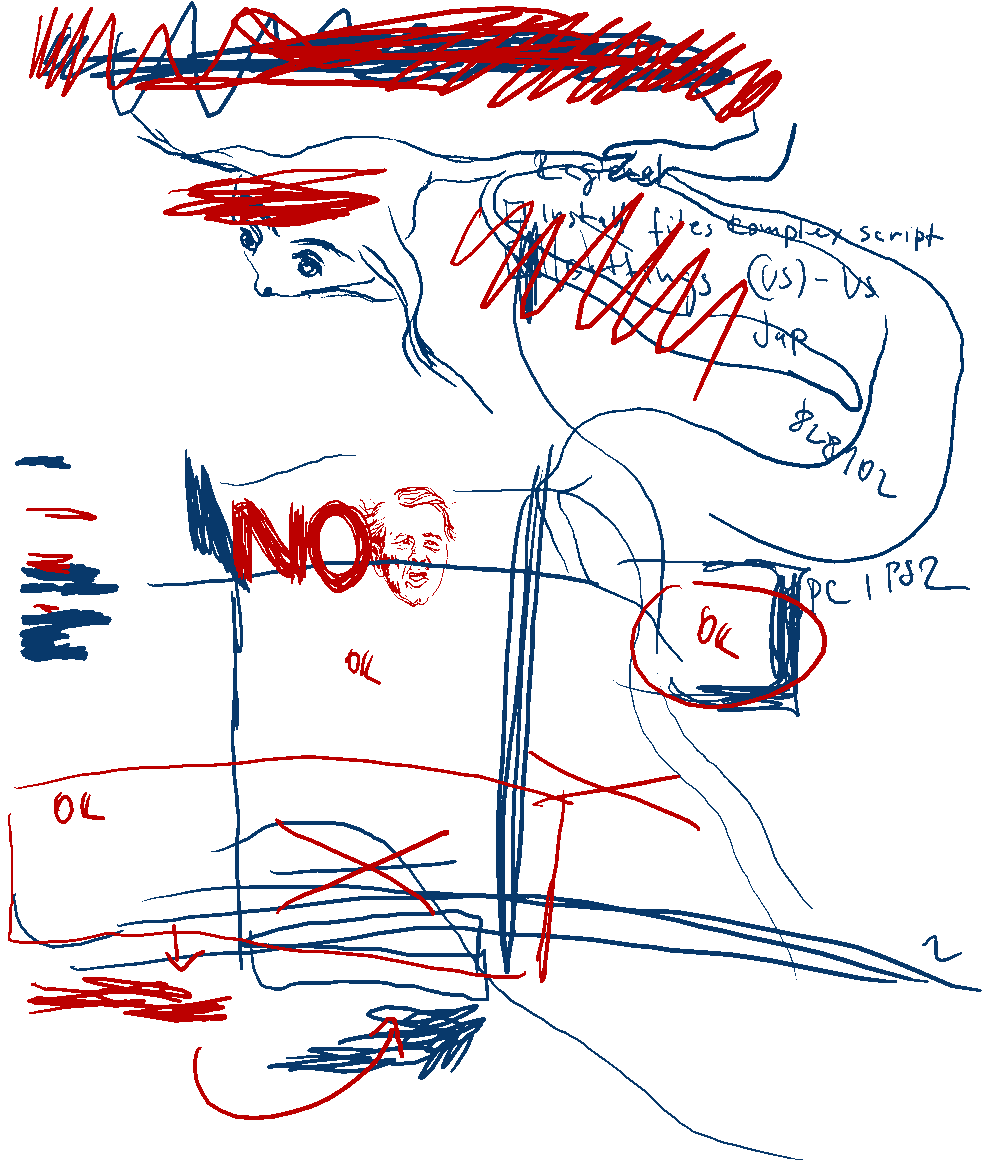Boris Johnson’s decision has sparked outrage because it makes a no-deal Brexit more likely. Experts have been warning that scenario would have major implications, because the UK’s membership in the European Union touches on almost every aspect of the country’s economy.
Here are some potential problems:
EU membership allows British businesses to trade freely across the bloc, without the need to have extra permits or pay tariffs.
If the UK crashes out without a deal, that link will be severed abruptly and businesses will face extra costs. Business lobby groups say these could be too much for some companies, which may not survive. If companies start collapsing, jobs will disappear and the economy will suffer.
-
Food and medicines shortages
A no-deal Brexit would likely mean new checks at the borders, which could delay imports. For some products border delays could prove catastrophic – fresh fruit and other foodstuffs could rot while stuck in lorry queues.
Medical supplies coming from Europe could be affected too, because of extra red tape. French drugmaker Sanofi and its Swiss rival Novartis said they would stockpile key medicines ahead of Brexit.
According to the government’s own assessment published in November, leaving without a deal would result in the UK economy being 7.7% smaller 15 years after Brexit.
The damage would be even greater if net migration from the European Union substantially dropped, the government said.
The UK is a major agricultural exporter and the National Farmers’ Union had warned that a no-deal scenario would be devastating for the sector. Up to 65% of Britain’s agriculture exports go to the EU.
A study by Imperial College in London found that two extra minutes spent checking each vehicle, be it at the ferry port in Dover in southern England, or the Eurotunnel terminal nearby, could translate to jams of up to 29 miles.
Read a full overview of the risks of no-deal Brexit here.












